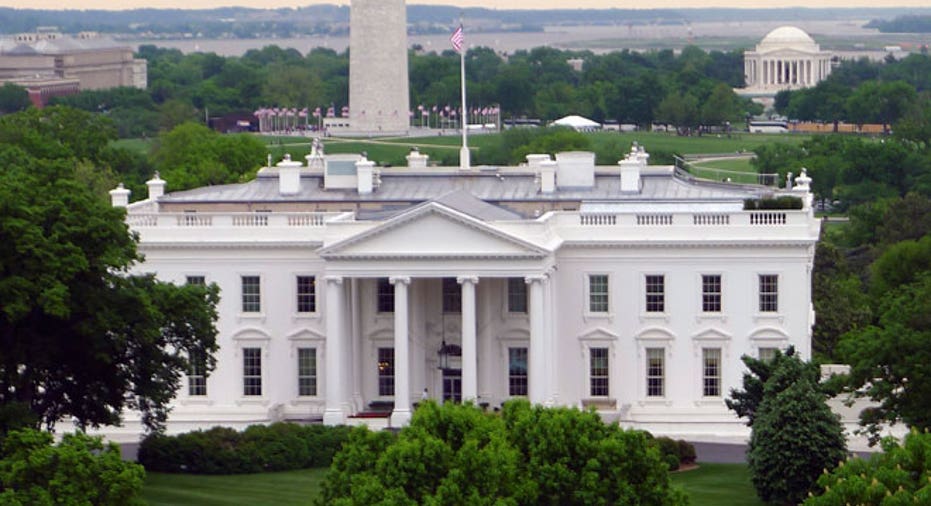Business Groups Criticize White House's New Pay Gap Rules

Businesses are bracing for a new rule backed by the White House that would force them to report to the federal government their worker pay broken down by gender and race in order to close pay gaps in the workplace.
The new rule would force companies that employ 100 workers or more to note salaries paid broken down by sex and race on pay disclosures they already give to the Equal Employment Opportunity Commission (EEOC). The pay data could mean more discrimination lawsuits filed by the EEOC, which could mean large monetary fines. The new rule, expected to take effect in September of 2016, would cover an estimated 63 million workers.
Already, the EEOC has sued restaurants and hotels more than any other business in 2015, according to a new study by the employment law firm Seyfarth Shaw. Health care and business service industries ranked second and third. The EEOC filed 143 lawsuits in 2015, versus 167 lawsuits in 2014 and 148 in 2013.
Nearly nine out of ten of the 143 lawsuits the EEOC filed last year involved claims of discrimination based on race, sex, national origin, religion and disabilities, a similar proportion to previous years, the law firm's study says. The five states that saw the most number of EEOC discrimination cases were, in rank order, Texas, Florida, California, Georgia, and Illinois, the study says.
EEOC Chairwoman Jenny Yang has said information the government gets from the new rule on company pay practices could lead to further investigation, though government officials would not publicly name employers. However, if discrimination lawsuits are filed, the companies’ names would be disclosed in trial records made public.
The White House says: “Since the creation of the Equal Pay Task Force in 2010, the EEOC has received tens of thousands of charges of pay discrimination, and through enforcement efforts, the EEOC has obtained over $85 million in monetary relief for victims of sex-based wage discrimination.”
However, the U.S. Chamber of Commerce and the Retail Industry Leaders Association (RILA) have blasted this new rule as federal government overreach. Randy Johnson, senior vice president of Labor, Immigration, and Employee Benefits for the U.S. Chamber of Commerce, said that the new rule "would place unnecessary and onerous burdens on employers while providing no meaningful insight.” The Chamber has supported equal pay for equal work.
The retail association noted the EEOC may overlook discrepancies in the pay data, given that, for example, companies make subjective calls to pay workers differently based on their skills. “The EEOC’s proposal fails to recognize the substantial shortcomings of the resulting data,” said Kelly Kolb, RILA’s vice president of government affairs, in a statement. “Requiring businesses to provide potentially thousands of data points for each location would obscure, not illuminate, relevant information.”



















